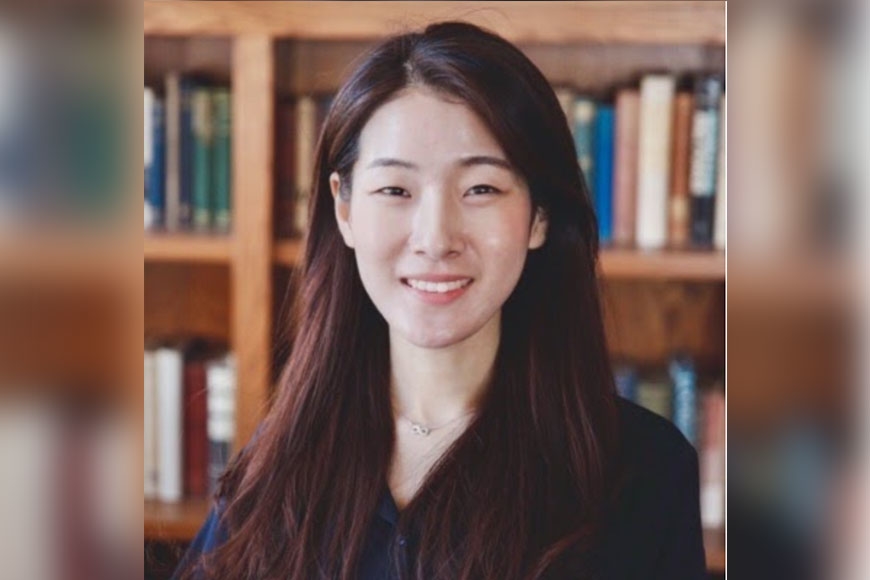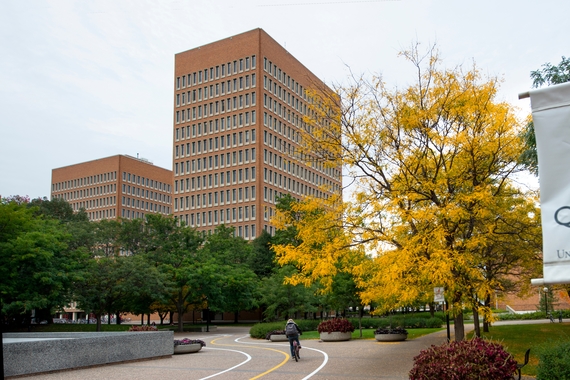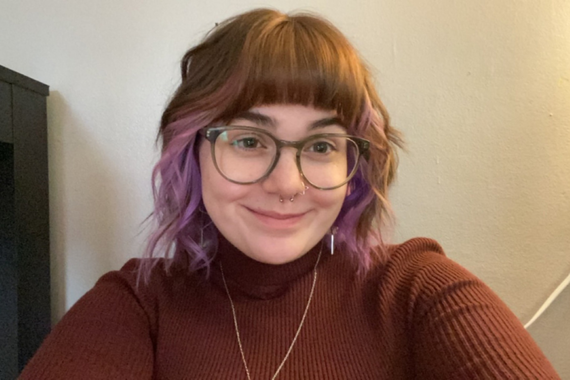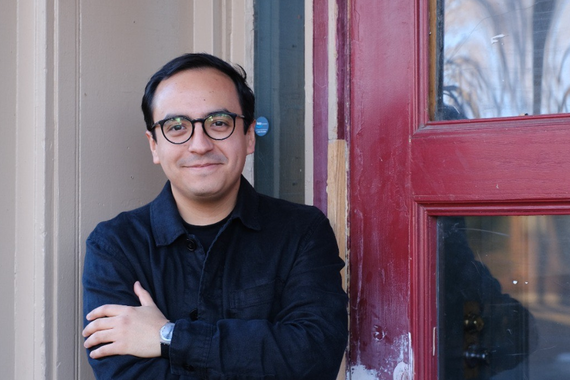#MeToo in the South Korean Judiciary
Holly Seo-Nyeong Jo is a sixth-year PhD candidate in the Department of Political Science. Seo-Nyeong explains she came to the United States from South Korea “when [she] was fourteen with nothing more than two bulky suitcases.”
It was essential for Seo-Nyeong to become independent at a very young age. “My parents don’t speak English,” she explains. “I am the first in my immediate family to graduate from a four-year college and the first in my immediate family to complete graduate school, as well as to study in the US.”
Completing undergraduate studies at Macalester, Seo-Nyeong came to love the Twin Cities. “When I was applying for a PhD in the US, I was actually thinking of applying only to the University of Minnesota,” Seo-Nyeong says. “That’s how much I wanted to come here. I was discouraged from only applying to one school, but I think it was meant to be. I wasted my application fees.”
Back to South Korea
Although she was the first in her family to study in the US, Seo-Nyeong’s research brought her back to South Korea.
“While sexual violence or violence against women is a worldwide tragedy,” Seo-Nyeong affirms, “the #MeToo movement had gone viral especially in Korea to the extent that, according to UN Women, #MeToo (#미투 in Korean) has ranked the third most tweeted hashtag from January 2016 to May 2019, following #MeToo in English and #YoTambien in Spanish. Given the size of world populations that use each language, #미투 postings are proportionally the largest.”
Does a Judge’s Gender Matter?
After taking a graduate seminar with Professor Lisa Hilbink on law and courts, Seo-Nyeong’s interest in the judiciary was piqued. Initial research on the Korean judiciary led Seo-Nyeong to find out that “secondary victimization” in the courtroom during trials was one of the serious issues pointed out by women’s activist groups and sexual assault survivors.
The big question in Seo-Nyeong’s research is: “Does a judge’s gender matter in deciding rape cases?” Specifically, does the presence of a female judge on the multi-judge panel, as well as her position in the panel, have an impact on making her voice heard among male judges in a hierarchical environment and consequently affect the outcome of sexual assault criminal cases?
An Award-Winning Scholar
Seo-Nyeong has recently won three competitive and prestigious awards that will bolster her dissertation research. The American Political Science Association chose Seo-Nyeong as a winner of their Doctoral Dissertation Research Improvement Grant, which is funded by the National Science Foundation, and the Huang Hsing Chun-tu Hsueh International Fellowship. “I will use these grants mainly for travel expenses and data collection during my ongoing field research in Korea,” Seo-Nyeong explains.
In addition, the University of Minnesota Graduate School awarded Seo-Nyeong a Leadership in Equity, Inclusion, and Diversity (LEID) fellowship, which will provide financial support during the COVID-19 pandemic. The pandemic has extended Seo-Nyeong’s field research in South Korea. Originally intending to be in Korea from January to May 2020, Seo-Nyeong has not been able to return to the United States. The LEID fellowship has allowed Seo-Nyeong to conduct dozens of interviews with judiciary elites in South Korea and expand her qualitative data set.
Seo-Nyeong’s research will provide an empirical basis for the normative arguments gender activists are making in South Korea. “This makes my research important,” Seo-Nyeong says, “because it seeks to contribute new theoretical perspectives on gender and judging literature through an exploration of how different gender composition of three-judge panels influence criminal sentencing decisions regarding rape in South Korea—a civil-law country characterized by hierarchical judicial organization, absence of jury trials, and high gender inequality.”



